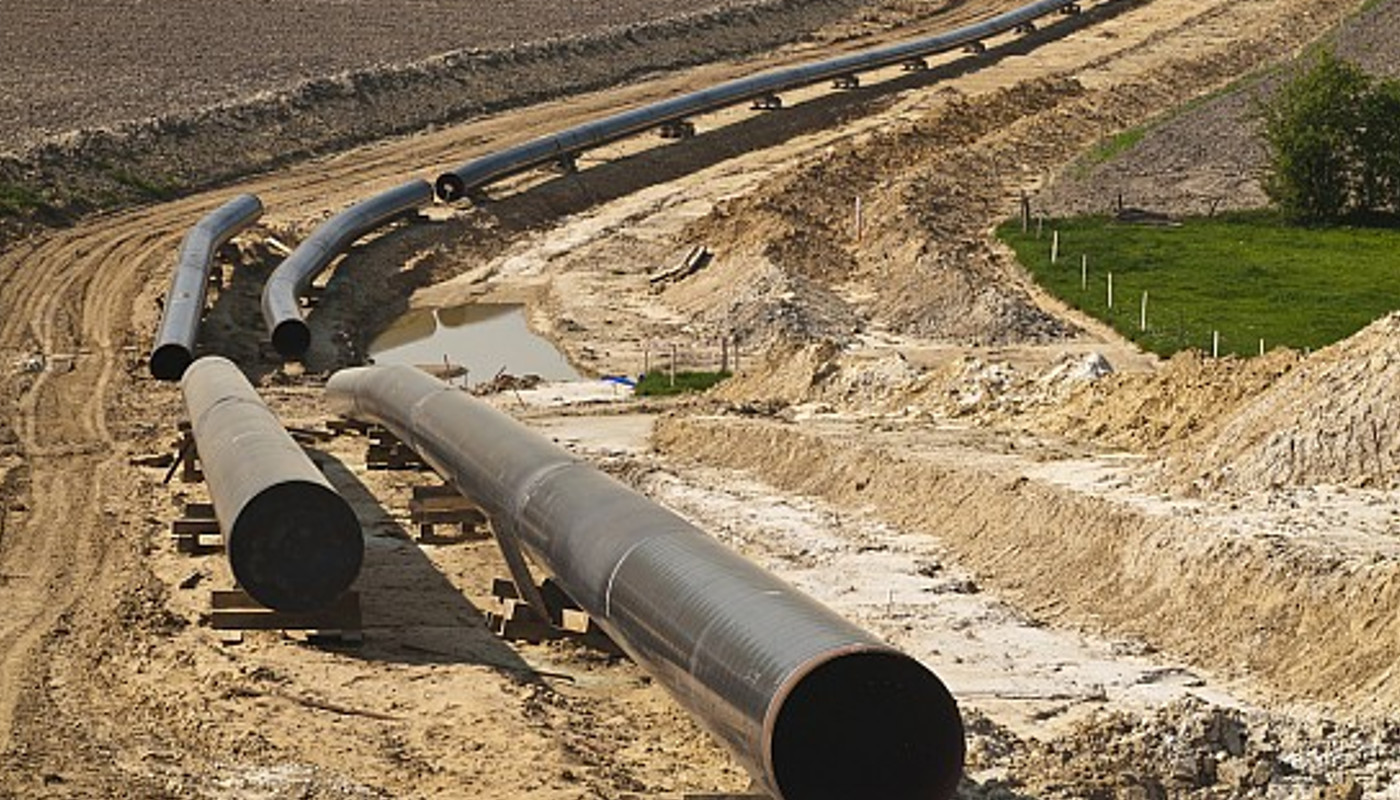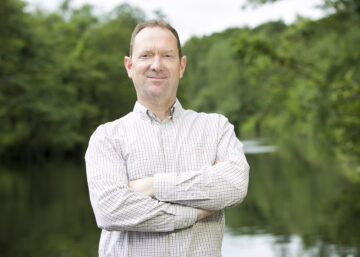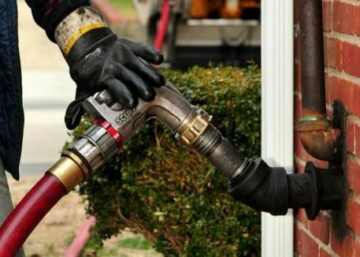Saudi Aramco’s biggest asset could also be a liability. Its vast oil reserves — the state-owned Aramco producer can sustain current production levels for the next 50 years — make it more exposed than any other company to a rising tide of environmental activism and shift away from fossil fuels.
In the three years since Saudi Crown Prince Mohammed Bin Salman first proposed a stock market listing, climate change and new green technologies are putting some investors, particularly in Europe and the United States, off the oil and gas sector. Sustainable investments account for more than a quarter of all assets under management globally, by some estimates.
Aramco, for its part, argues oil and gas will remain at the heart of the energy mix for decades, saying renewables and nuclear cannot meet rising global demand, and that its crude production has lower greenhouse gas emissions than its rivals. But with the company talking again to banks about an initial public offering (IPO), some investors and lawyers say the window to execute a sale at a juicy price is shrinking and Aramco will need to explain to prospective shareholders how it plans to profit in a lower-carbon world.
Reuters has reported that Prince Mohammed was insisting on a $2 trillion (€1.8trn) valuation even though some bankers and company insiders say the kingdom should trim its target to around $1.5 trillion.
A valuation gap could hinder any share sale. The IPO was previously slated for 2017 or 2018 and, when that deadline slipped, to 2020-2021. Aramco has said it was ready for a listing and the timing would be decided by the government.
The company also said it was investing in research to make cars more efficient, and working on new technologies to use hydrogen in cars, convert more crude to chemicals and capture CO2 which can be injected in its reservoirs to improve extraction of oil. Some would argue this is not enough.
A growing number of investors across the world are factoring environmental and governance risks into their decision-making, although the degree to which that would stop them investing in Aramco varies wildly.
Some would exclude the company on principle because of its carbon output, while others would be prepared to buy if the price was cheap enough to outweigh the perceived risk – especially given oil companies often pay healthy dividends.
At a $1.5 trillion valuation, Aramco would be the world’s largest public company. If it were included in major equity indices it would automatically be bought by passive investment funds that track them, regardless of its environmental credentials. And as the world’s most profitable company, Aramco shares would be snapped up by many active investors.
A study published by Science magazine last year found carbon emissions from Saudi Arabia’s crude production were the world’s second-lowest after Denmark, as a result of having a small number of highly productive oilfields.




